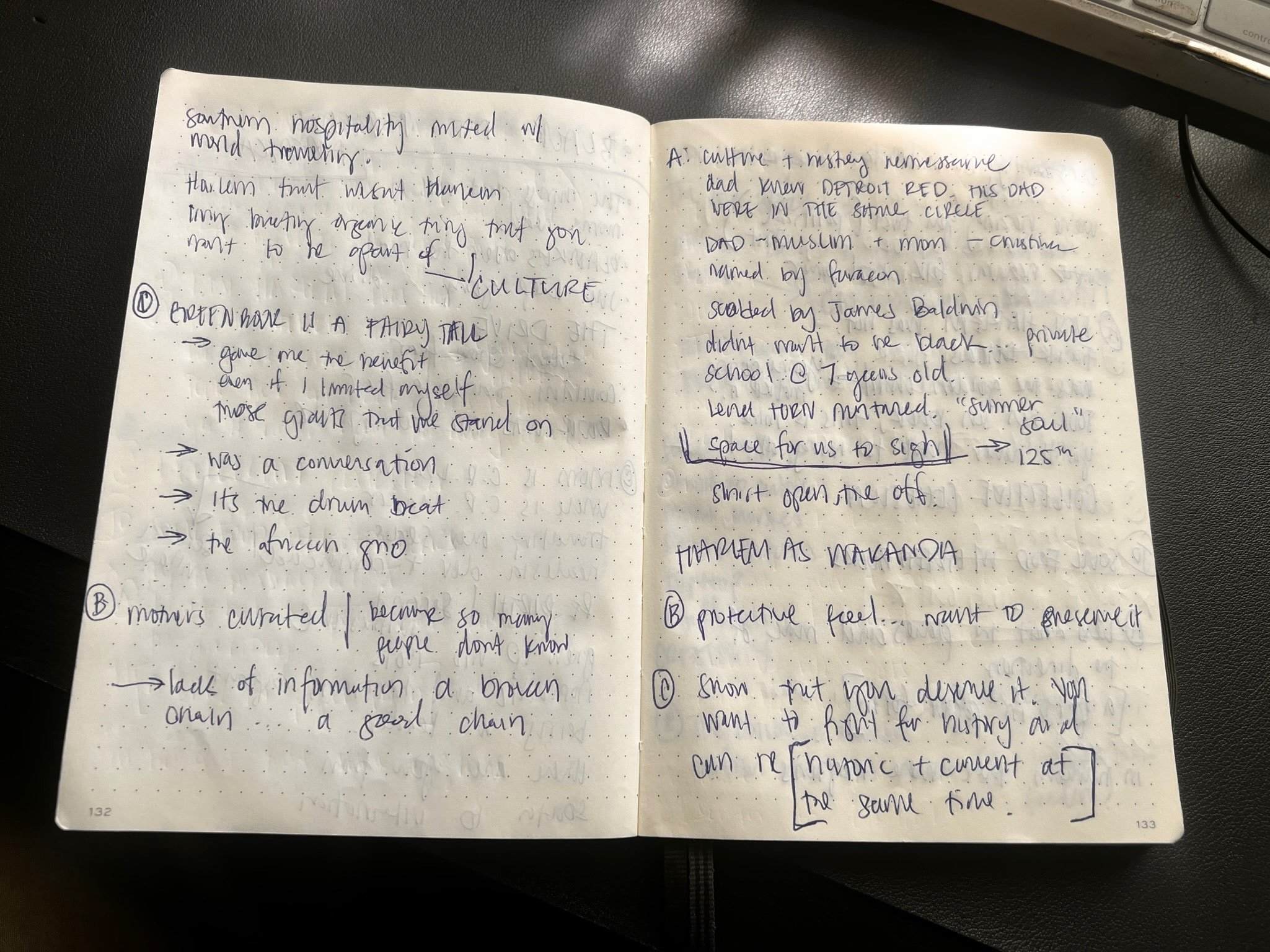
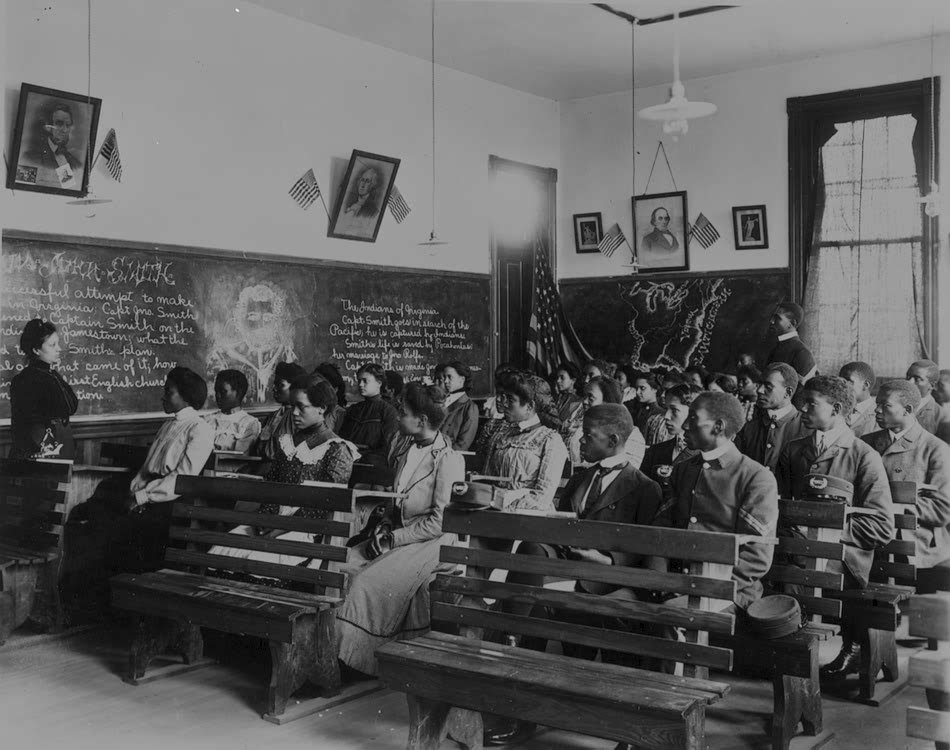
Today In Black History, Booker T. Washington establishes Tuskegee Institute July 4, 1881
Booker T. Washington's establishment of the Tuskegee Institute in 1881 is a landmark event in the history of American education and African American progress. This initiative not only underscored Washington's educational philosophy but also marked a significant step towards the empowerment of African Americans in the post-Reconstruction South.
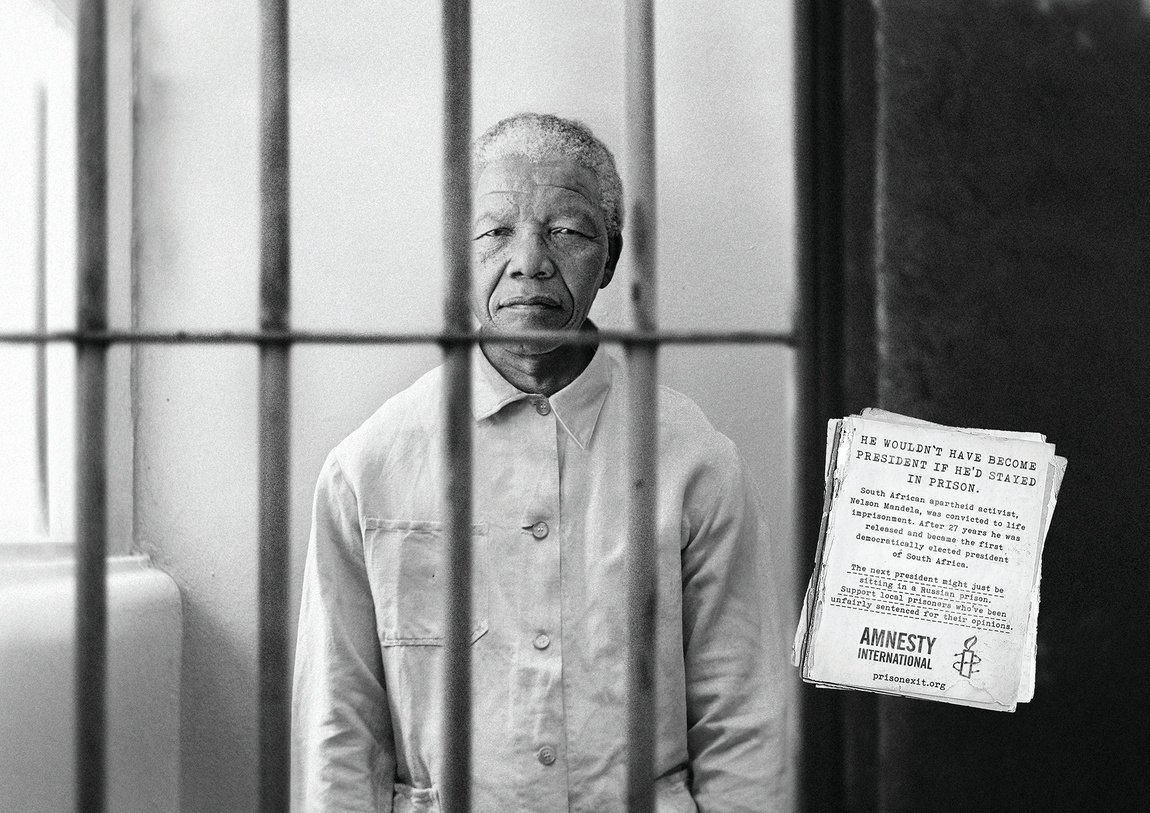
Today In Black History June 11, 1962... Nelson Mandela arrested in struggle against South African apartheid government.
On June 11, 1962, Nelson Mandela was arrested by South African police while on his way back to Johannesburg from a secret trip. This arrest was a significant event in Mandela's life and in the history of South Africa's struggle against apartheid.

Today In Black History April 4, 1968 Assasination of Martin Luther King Jr.
On April 4, 1968, MLK Jr. was killed at the Lorraine Motel in Memphis Tennesee. The assassination of Martin Luther King Jr. is a defining moment in American history. The tragedy shook the nation to its core and left an indelible mark on the civil rights movement. Martin Luther King Jr. was a prominent civil rights leader who worked tirelessly to advance the cause of racial equality in America. His assassination on April 4th, 1968, was a devastating blow to the movement and a painful reminder of the deep-seated racism and violence still plaguing the country.
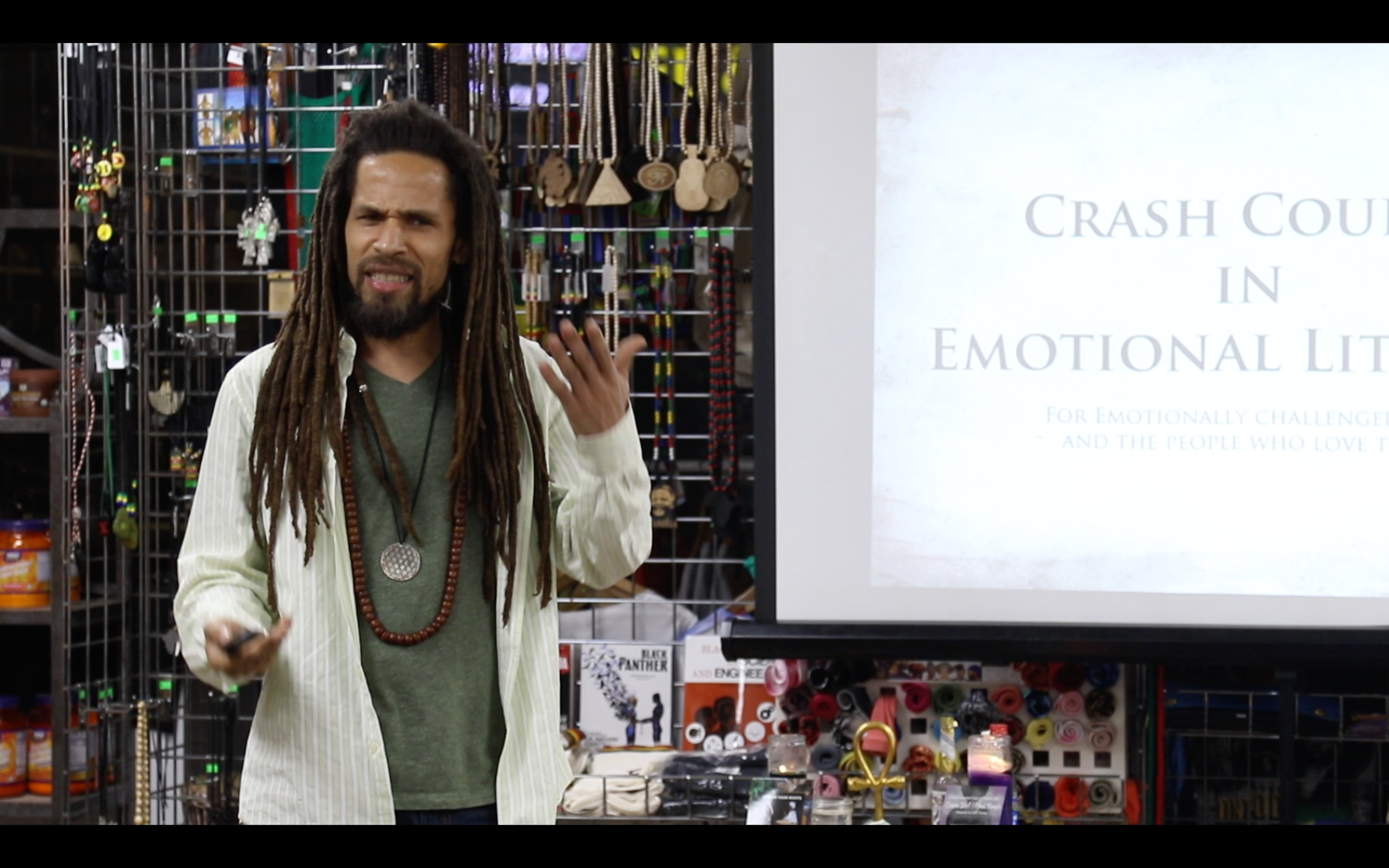
Emotional Literacy Crash Course with Jashua Sa-Ra
Emotional literacy is the ability to understand and express one's own emotions, as well as recognize and respond to the emotions of others. It involves being aware of one's own emotions and how they affect one's thoughts and behaviors, as well as being able to identify and label the emotions of others. Emotional literacy also includes the ability to manage and regulate one's own emotions, as well as communicate effectively about emotions with others.
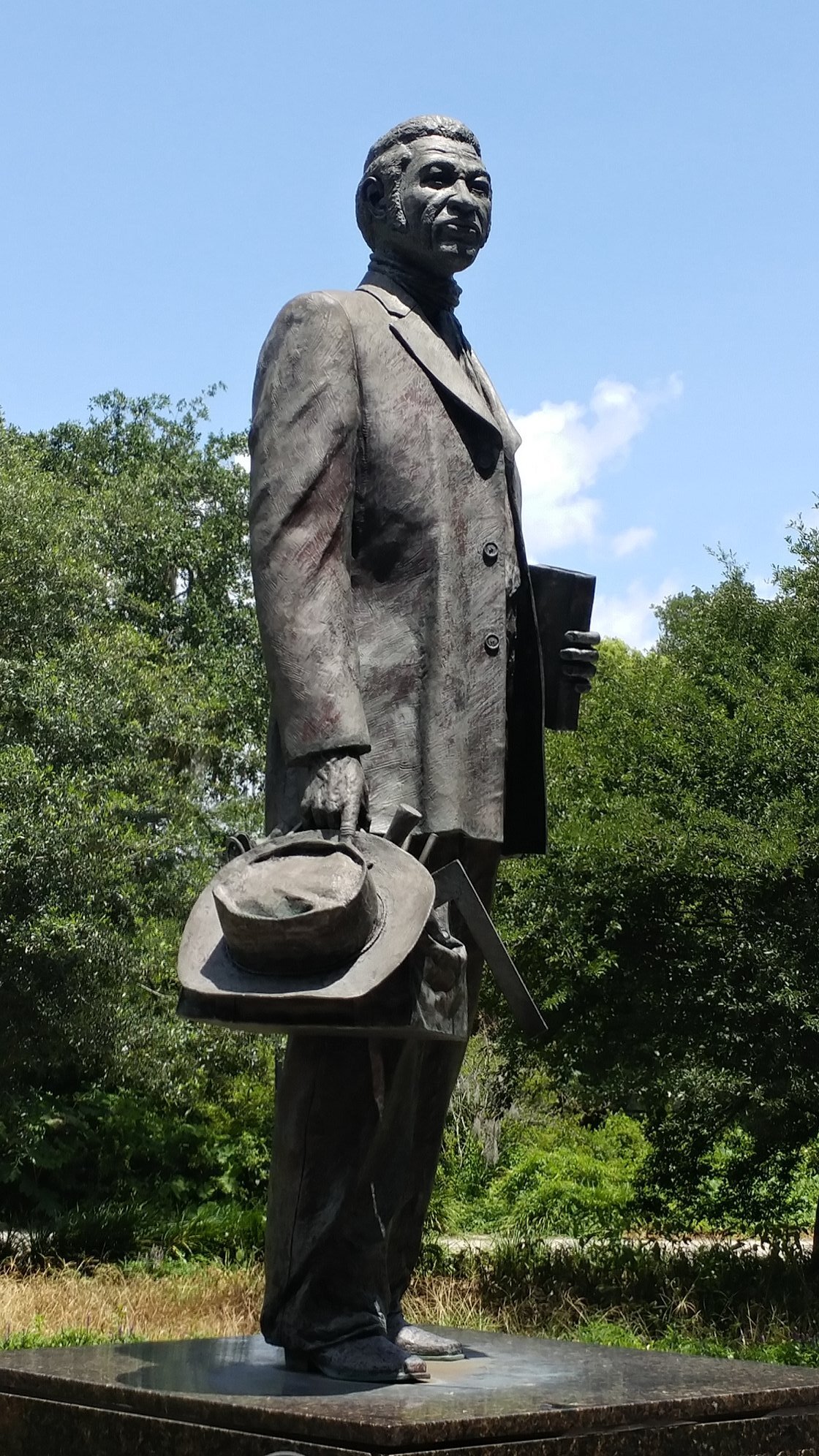
Today In Black History July 14, 1822, • Denmark Vesey Uprising in Charleston, South Carolina
On this day July 14, 1822, revolutionary Denmark Vesey planned a slave revolt to take place in Charleston, South Carolina, intending for thousands of slaves to kill their masters and sail to Haiti; instead, he was betrayed by slaves and executed.

Professor James Smalls talks BLACK LIVES MATTER, Malcolm X, Black Love at Nicholas Brooklyn
Dr. James Smalls is an art historian, with a focus on the intersections of race, gender, and queer sexuality in the art and visual culture of the nineteenth century, as well as the art and visual culture of the black diaspora. He is the author of Homosexuality in Art (Parkstone Press, 2003) and The Homoerotic Photography of Carl Van Vechten: Public Face, Private Thoughts (2006).

Today In Black History, May 10th 1930: The National Pan-Hellenic Council is formed
The National Pan-Hellenic Council (NPHC) is a collaborative umbrella organization composed of historically African American fraternities and sororities. The nine NPHC Greek-letter organizations are sometimes collectively referred to as the "Divine Nine (D9)". The member/partner organizations have not formally adopted nor recommended the use of this term to describe their collaborative grouping. The NPHC was formed as a permanent organization on May 10, 1930, on the campus of Howard University, in Washington, D.C. with Matthew W. Bullock as the active Chairman and B. Beatrix Scott as Vice-Chairman. NPHC was incorporated under the laws of the State of Illinois in 1937 and is headquartered in Decatur, Georgia.
